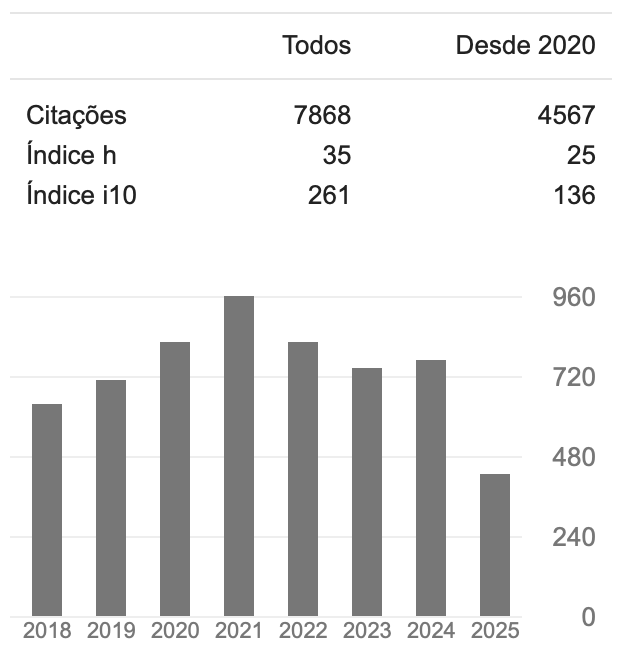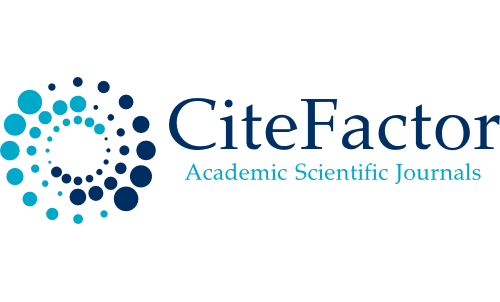Efeito Modulador da Ocitocina sobre o Prazer
Palavras-chave:
Ocitocina, Prazer, Emoção, Sexualidade, Oxytocin, Pleasure, Emotion, Sexuality.Resumo
O hormônio ocitocina vem sendo propalado como o hormônio do amor. A partir de uma revisão bibliográfica, procuramos investigar sua ação envolvendo fortes emoções, como é o caso dos relacionamentos amorosos e do ato sexual. A atuação periférica da ocitocina produzindo contrações da musculatura lisa no momento do parto e na ejeção do leite durante a amamentação são comumente descritas, por isso a proposta é investigar sua atuação central. Inicialmente, os trabalhos revelam que níveis plasmáticos de ocitocina encontram-se significativamente elevados durante a relação sexual. Regiões do sistema límbico, como hipotálamo, amígdalas e septo, recebem inervações de vias ocitocinérgicas; essas regiões estão envolvidas na produção de emoções básicas nos animais inferiores e superiores, como medo, ansiedade, fome, saciedade, prazer e desejo sexual. Interessante constatação é a relação da ocitocina, CRH e vasopressina, hormônios produzidos no núcleo paraventricular do hipotálamo, no qual a ocitocina parece atuar indiretamente, produzindo ação antiestressora. As ações centrais da ocitocina devem ter uma atuação neuromoduladora, propiciando ao SNC envolver- se em situações de grande excitabilidade, como é o caso da relação sexual, de maneira adaptativa e positiva. Ainda que os mecanismos de ação não estejam elucidados, de imediato, podemos supor que sentimentos considerados mais evoluídos na espécie humana possam ser mais bem entendidos por meio de estudos e experimentos fisiológicos, ampliando, assim, o conceito de sexualidade e, porque não dizer, de amor.Downloads
Não há dados estatísticos.
Downloads
Publicado
25-09-2008
Como Citar
Dacome, O. A., & Garcia, R. F. (2008). Efeito Modulador da Ocitocina sobre o Prazer. Saúde E Pesquisa, 1(2), 193–200. Recuperado de https://periodicos.unicesumar.edu.br/index.php/saudpesq/article/view/751
Edição
Seção
Artigos de Revisão
Licença
A submissão de originais para a revista Saúde e Pesquisa implica na transferência da Carta Concessão de Direitos Autorais, pelos autores, dos direitos de publicação digital para a revista após serem informados do aceite de publicação.A Secretaria Editorial irá fornecer da um modelo de Carta de Concessão de Direitos Autorais, indicando o cumprimento integral de princípios éticos e legislação específica. Os direitos autorais dos artigos publicados nesta revista são de direito do autor, com direitos da revista sobre a primeira publicação. Os autores somente poderão utilizar os mesmos resultados em outras publicações, indicando claramente a revista Saúde e Pesquisa como o meio da publicação original. Em virtude de tratar-se de um periódico de acesso aberto, é permitido o uso gratuito dos artigos, principalmente em aplicações educacionais e científicas, desde que citada a fonte. A Saúde e Pesquisa adota a licença Creative Commons Attribution 4.0 International.
A revista se reserva o direito de efetuar, nos originais, alterações de ordem normativa, ortográfica e gramatical, com vistas a manter o padrão culto da língua e a credibilidade do veículo. Respeitará, no entanto, o estilo de escrever dos autores. Alterações, correções ou sugestões de ordem conceitual serão encaminhadas aos autores, quando necessário. Nesses casos, os artigos, depois de adequados, deverão ser submetidos a nova apreciação. As opiniões emitidas pelos autores dos artigos são de sua exclusiva responsabilidade.














